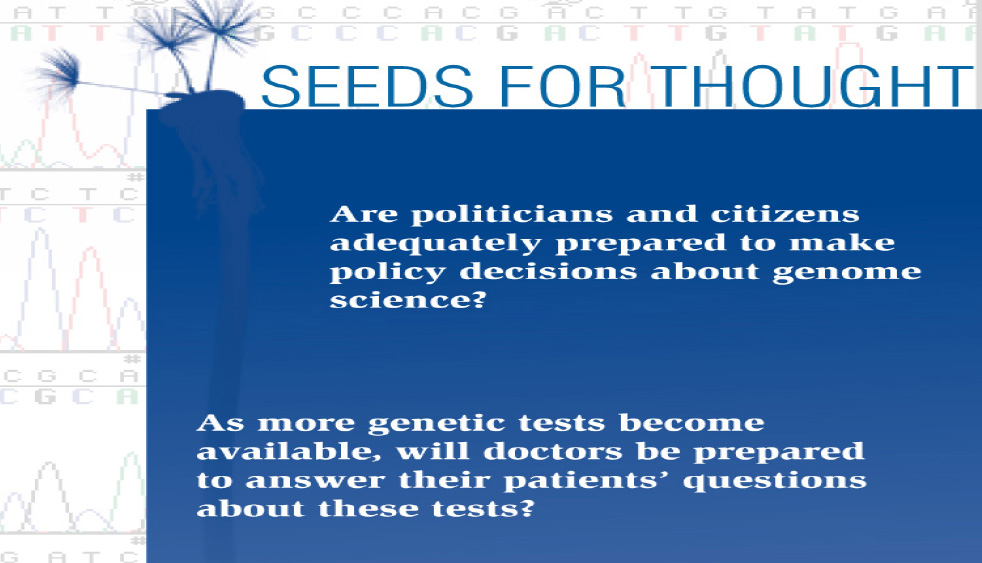Personalized Medicine - page 9
CISN Summary Of Personalized Medicine Section
Cancer researchers define the term 'personalized medicine' as:
"A process that analyzes a person's molecular information to determine the person's propensity for developing certain diseases, including a disease's potential onset and course. It also determines a person's propensity for responding to different drug therapies, by determining a patient's ability to metabolize drugs and/or likelihood of experiencing adverse drug reactions. The term personalized medicine is often used in place of the scientific term pharmacogenomics." - Quote from Jennifer Miller,PhD (Bioethicist)
Clinicians, healthcare specialists and advocates define the term more broadly and include all relevant clinical and environmental exposure information added to an individual's molecular profile.
Although personalized medicine is not yet ready for everyday use on a broad scale, research advances are rapid and the hope is that the science will move forward quickly so it can be in the clinic soon. Some examples are already in use and others will be as they move through clinical trials.
A. Personalized medicine offers a structural model for efficient healthcare.
- It is preventive, coordinated, and evidence-based.
- It relies on a network of electronic health records that link clinical and molecular information to help patients and physicians make optimal treatment decisions.
- Bioinformatics becomes a critical part of this process. The mountains of genomic, proteomic and other OMIC data now being collected must be stored, analyzed and interpreted so it can be applied. To find out more about how bioinformatics fits into the practice of personalized medicine go to: http://cisncancer.org/research/what_we_know/omics/bioinformatics.html
- It is proactive and participatory, engaging patients in lifestyle choices and active health maintenance to compensate for genetic susceptibilities.
- Accurate predictions could be made about - susceptibility of developing a disease, the course of the disease, and its response to treatment.






